In the wake of the ‘infodemic’ Australian journalists are faced with new pressure to deliver accurate information.
The RMIT ABC Fact Check chief academic investigator Gordon Farrer said the scale of false information was bigger than the pandemic itself.
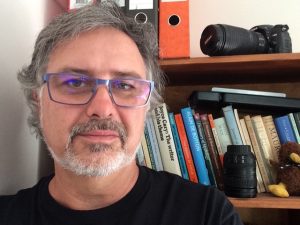
Australian Broadcasting Corporation and Royal Melbourne Institute of Technology chief academic investigator Gordon Farrer interviewed on the 10th of April 2020. (Photo supplied: Gordon Farrer).
“We have never seen misinformation around a single subject, as great as this,” Mr Farrer said.
According to Mr Farrer, the pandemic was the perfect opportunity to create misinformation and disinformation.
“The bad actors out there always take advantage of whatever is grabbing the attention of people at any particular moment,” Mr Farrer said.
Although fact-checkers are unsure of who is creating the information, Mr Farrer said false information was usually aimed at disrupting society and trust in democracy.
The sheer size of false information had prompted an increase of fact-checkers with research from the Oxford Martin Programme on Misinformation, Science and Media revealing a 900 per cent increase in independent fact-checkers between January to March 2020.
Now, more than ever before, there is an immense responsibility on the media and journalists to ensure accurate information.
International Fact-Checking Network Director Alexios Mantzarlis said reporters are facing pressure to be news verifier.
“Dealing with the information disorder requires extra diligence and a new skill set,” Mr Mantzarlis said.
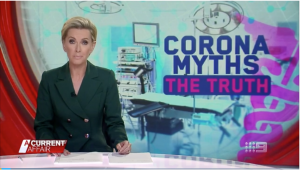
A Current Affair airs segment dedicated to debunking Coronavirus myths in March 2020. The segment included interviews with health experts to clarify information. (Image from Channel Nine website)
Australian media outlets have also been producing segments dedicated to debunking myths.
A Current Affair senior reporter Tineka Everaardt said ACA had been producing segments to verify claims.
“The segments are related to COVID-19 because of the sheer amount of misinformation and how crucial it is that people have the right information.
“Recently we’ve aired a number of question and answer style, A Current Affair stories, that aren’t typical packages. We’ve done back and forth between the presenter or journalist and medical expert, where several questions are asked. For instance “does heat kill the virus?” and “do I need to wash my groceries when I bring them home?”,” Ms Everaardt said.
Mr Farrer said a level of trust was being restored in the media as journalists clarified information and debunked myths.
“The debunking of myths and clarification of information is ensuring trust in the media.
“Journalists are acting in the interests of citizens who might be misled by misinformation which can, especially in the pandemic, lead to bad health outcomes that threaten the wellbeing of the community,” Mr Farrer said.

Searching for information in the news. (Pexels)
There were limitations in journalists combating the rise of false information.
Mr Farrer said the public also needed to take responsibility when seeking and sharing information.
“There is a responsibility on each individual to make sure the information they share on social media, especially in relationship, life and death issues, such as coronavirus, our response to it, should be making sure that the information is correct before they share it.
“Go to the World Health Organization, the Center for Disease Control, and the Federal Government. It gives you accurate information about what’s going on and how you should be behaving during times of social isolation,” Mr Farrer said.
Australian children were also now being taught media literacy and to think critically when verifying information.
Australian media outlets such as the Australian Broadcasting Corporation had been working on developing an online “credential” which will teach staff and students how to distinguish between real and fake news across social media.
But there was an urgent call for media literacy campaigns targeted at older generations or those who may lack the skills to verify the information.
Research conducted by Full Fact Researcher Dr Dora-Olivia Vicol said that media and information literacy campaigns would empower Australians to access, evaluate, and use information critically.

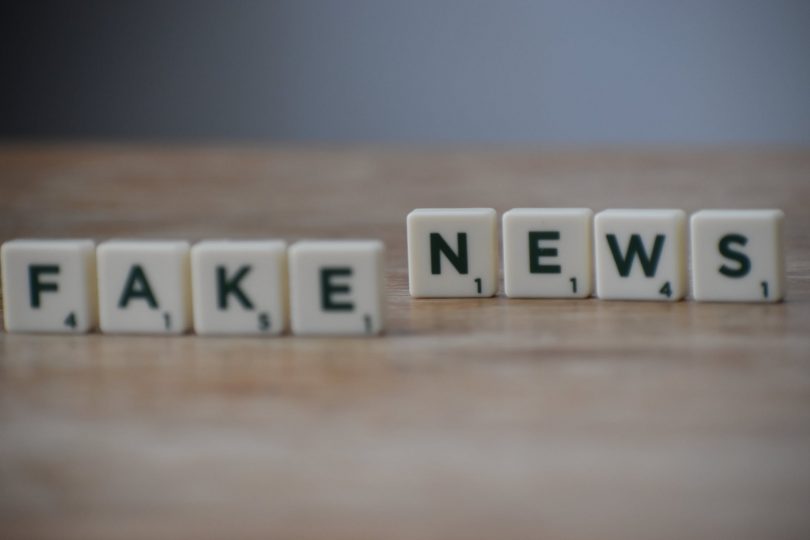
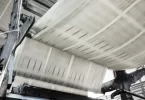



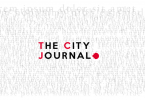
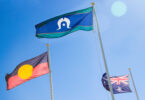
Great read !